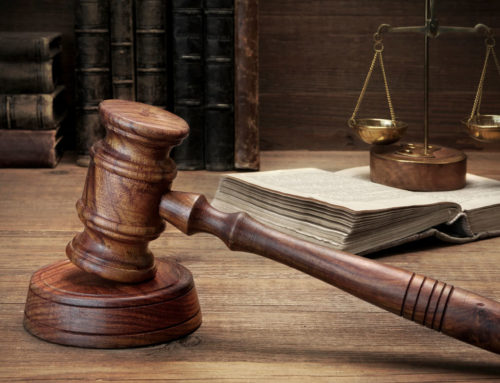Preliminary hearings are a crucial early step in criminal proceedings in Pennsylvania. Prelims, as they are often known, provide an important opportunity for an accused person’s attorney to formally review the charges, assess the evidence available, speak with the police, and record testimony from the actual hearing. The purpose of a preliminary hearing, is for a judge to decide if the evidence against a defendant is sufficient to proceed to Common Pleas, or trial, level, which takes place at the “big courthouse” (formally known as the County Courthouse). The preliminary hearing is not a determination of guilt or innocence.
preliminary hearings are held before Magisterial District Judges, known as MDJs. In most counties , MDJs are elected officials with offices located within the communities they serve.
QUICK LINKS: MDJ Offices in Surrounding Counties: Montgomery County, Bucks County,
At a preliminary hearing the Commonwealth has a relatively low standard of proof to meet in order for the case to be transferred to the Court of Common Pleas. During preliminary hearings, MDJs take the evidence at face value. In other words, the MDJ makes no determination if a person – defendant, cop, or witness – is telling the truth. Determining credibility is an issue for trial.
Rather, the MDJs sole responsibility is to decide if the Commonwealth (the prosecution) has shown whether it is possible the defendant did what they are accused of doing.
Defendants at a preliminary hearing generally have three options of how to proceed:
Fight the charges – This means challenging the charges and testimony presented at the preliminary hearing. The defense attorney can request dismissal of some or all of the charges, seek to modify an individual’s bail, or argue for other relief. A contested preliminary hearing can help the defense memorialize (i.e. record) key aspects of the Commonwealth’s case “on the record.” This is an important tool in preparation for trial at the next level.
Waive the charges – This is where a defendant forfeits certain rights to attack the charges at the Common Pleas level. A “waiver” should be reserved for certain, limited, circumstances. It is important to fully discuss the effects of waiving a preliminary hearing with the defense attorney.
Stipulate to the Charges – A stipulation is where a defendant agrees to transfer some or all of the charges to the Common Pleas level, while still retaining certain rights to later challenge the charges.
CONTACT AMS Law: Free Consultations for all preliminary hearing Matters
To further understand the importance of a preliminary hearing, are some frequently asked questions (FAQs) AMS Law often receives from our clients.
Question: What is the best outcome for a PH?
Dismissal of all charges.
Question: What is the worst possible outcome for a PH?
All charges are sent to the Common Pleas level court and defendant receives a high bail.
Question: Can the Commonwealth add charges against the defendant after the preliminary hearing?
Yes. The preliminary hearing may deal with only the initial charges against a defendant. If the MDJ decides those charges should be sent onto the Common Pleas level, the Commonwealth still has the ability to add to the charges at that level.
Question: Should I waive my preliminary hearing?
As a general rule, AMS Law advises our clients against waiving their preliminary hearing, except in certain, specific, circumstances.
Question: Is preliminary hearing testimony on the record?
Preserving the testimony at a preliminary hearing is a crucial step in building a defense. Unfortunately, because MDJs are not considered to be “courts of record”, testimony at this level is not automatically recorded and does not become an official part of the record attached to the case.
To preserve the testimony, your attorney can arrange to have an independent court reporter present for a preliminary hearing. This court reporter’s report turns the testimony at the MDJ level into “on the record” statements that can be referenced as the case proceeds to the Common Pleas level.
Question: Does it save me money to represent myself at the PH? (Or are there Public Defenders available for preliminary hearings?)
While you would save money by not hiring counsel for a preliminary hearing, it is not advisable to go it alone. Public Defenders are available for preliminary hearings but the accused must contact their offices directly in the county in which the charges were filed. It is best to hire an attorney as soon as possible. The sooner an individual begins working with an attorney, the faster the parties can build a solid working relationship. That attorney can also begin strategizing about the case and tailor their approach at the preliminary hearing accordingly.
Question: How much notice should I give my attorney about an upcoming preliminary hearing?
As much notice as possible. The more time an attorney has, the better they can prepare your defense.
Question: Is there a standard attorney fee for a preliminary hearing?
No, your fee with any private attorney depends on the specifics of the case.
CONTACT AMS Law: Free Consultations for all preliminary hearing Matters
Preliminary hearings are an important opportunity for accused individuals to review the evidence against them, challenge aspects of the charges, and get as much of the Commonwealth’s case against them recorded on the record.





